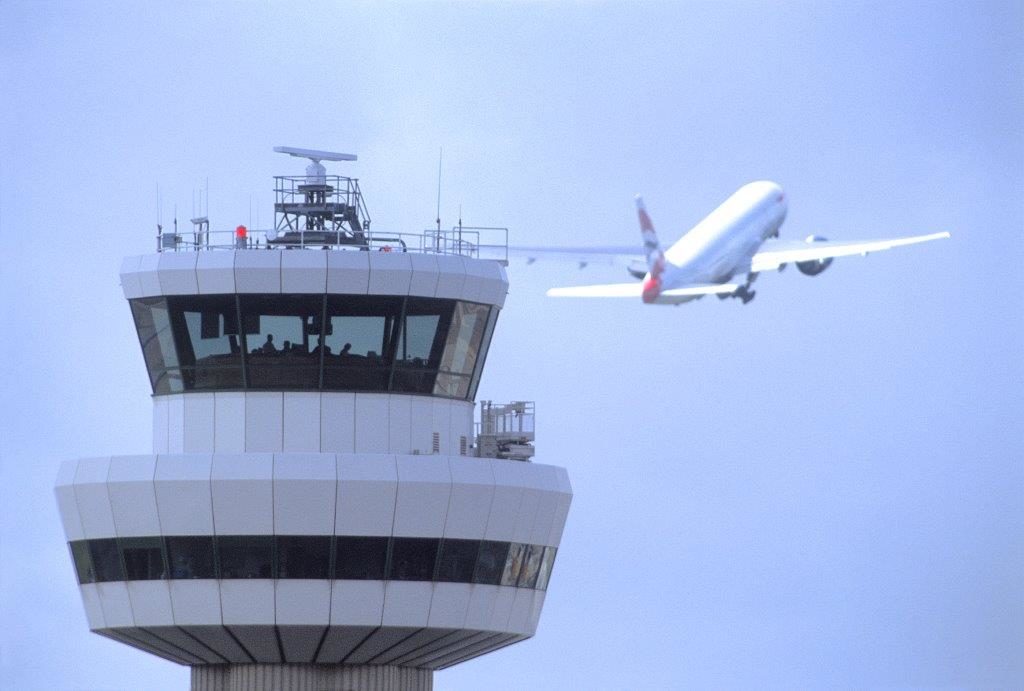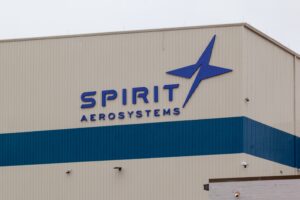Gatwick is proposing to set a cap (known as an ‘envelope’) on aircraft noise if its Northern Runway is brought into routine use – with the noise limit tightened further as flight numbers grow – to act an an incentive for airlines to increase the number of quieter aircraft they use at the airport.
The ‘noise envelope’ would give residents a guarantee that as the project reaches full capacity (circa 2038), it would make less noise compared to noise levels in 2019 – the airport’s busiest year to date.
The airport is able to propose the noise cap because new “next-generation” aircraft – which are quieter – will increasingly replace older, noisier planes in the coming years, outweighing any increase in noise generated by bringing the airport’s Northern Runway into routine use.
If the Northern Runway is approved, GAL will report on performance of the noise envelope and will forecast performance in the years ahead – so as to avoid the agreed noise envelope being exceeded.
The airport is also proposing a more generous Noise Insulation Scheme for residents living close to the airport – increasing the number of eligible households by up to 1750 homes compared to the existing scheme – and by offering a tiered package depending on the noise experienced at specific locations.
A new Inner Zone will offer the highest level of noise insulation and will apply to between 250 and 450 households, which would qualify for replacement acoustic glazing or internal secondary glazing to all windows, acoustic ventilators and blinds to noise-sensitive rooms, replacement doors to these rooms where necessary, and acoustic upgrading of bedroom ceilings where necessary and possible.
A new Outer Zone will apply to around 3,300 homes, outside of the Inner Zone, and will offer acoustic ventilators for noise sensitive rooms, allowing windows to remain closed with ventilation.
Residents who have previously taken up grants under the airport’s existing Noise Insulation Scheme will have the opportunity to apply for the new scheme.
The airport would also work with schools to deliver a suitable noise insulation package if found to be required.





























